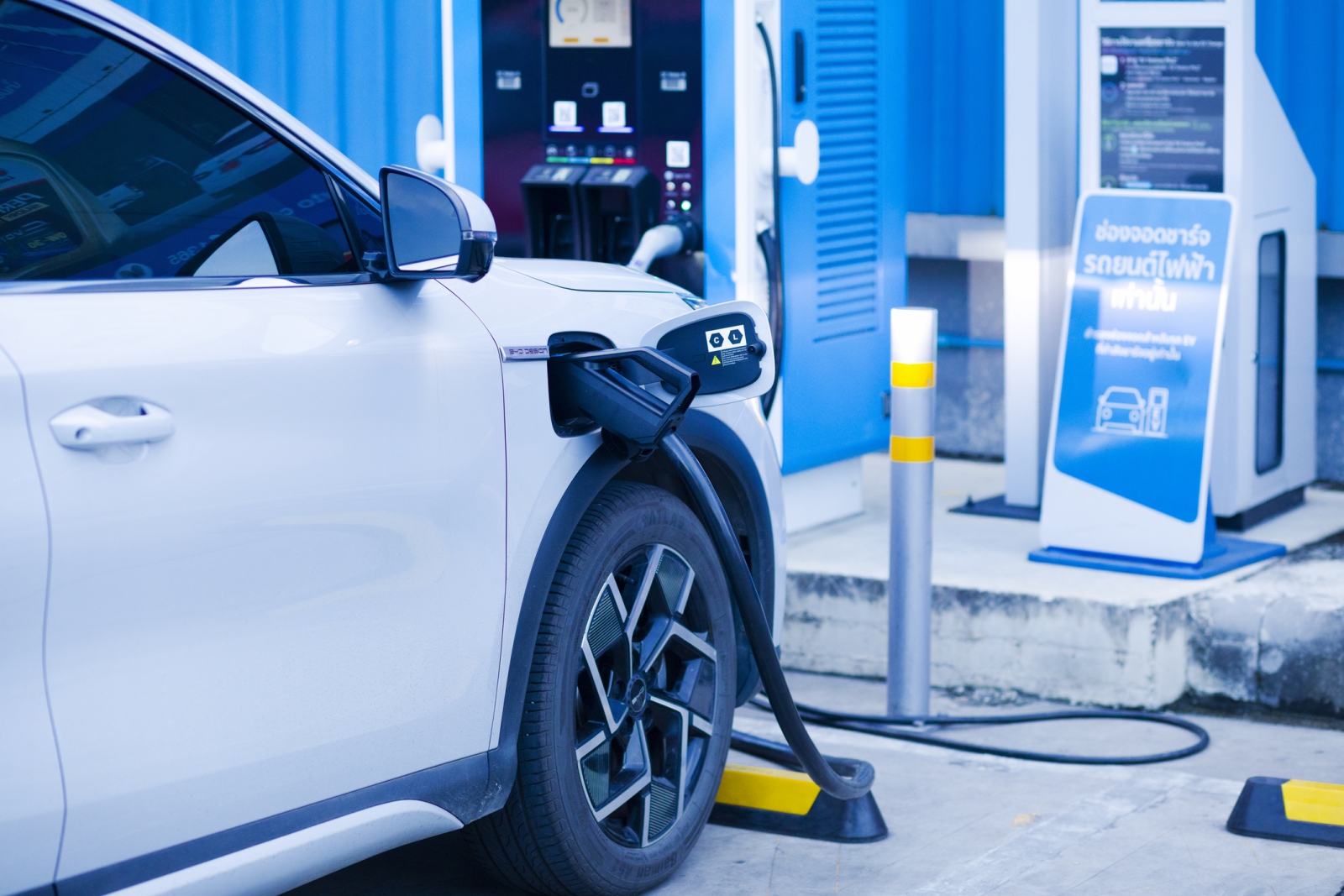
Bloomberg suggests Southeast Asia poised to be global EV industry hub. (Photo: iStock)
Despite a slowdown in global electric vehicle (EV) market growth, BloombergNEF’s latest report remains optimistic about Southeast Asia becoming a global hub.
The report forecasts that by 2040, the region will account for 56% of global EV sales, which will also drive the demand for infrastructure such as charging stations, with electricity demand expected to grow more than 260 times by 2040.
Bloomberg estimates ASEAN EV market will continue growing
On August 26, BloombergNEF released its "Southeast Asia Electric Vehicle Outlook 2024" report, analyzing the current state of the EV market in Thailand, Indonesia, Vietnam, Malaysia, Singapore, and the Philippines—six key markets in Southeast Asia.
The report shows that in 2023, EV sales across these six countries tripled to 153,500 vehicles. This substantial growth is attributed to two main factors: supportive government policies and increased demand driven by Chinese EV manufacturers. Thailand led the growth with 86,400 vehicles sold, a fourfold increase.
Komal Kareer, a clean transport analyst at BloombergNEF, stated that competition among new and existing automakers, along with declining battery production costs, will accelerate the adoption of EVs over the next decade.
Looking ahead, the report estimates that under the "Economic Transition Scenario," EV sales will reach 2.7 million vehicles by 2040, representing 56% of total car sales. To support this large market, infrastructure such as charging stations will also need to expand rapidly, with an expected 11.5 million charging points required and electricity demand soaring to 85 billion kilowatt-hours, a 263-fold increase compared to 2023.

BNEF's report analyzes that Southeast Asia will be a significant market for EVs, with Thailand contributing the most to growth. (Photo: iStock)
Global EV's slow growth impacts Tesla, Vinfast’s expansion
However, the report also notes that internal combustion engine vehicles, including motorcycles, will still account for 76% of the market by 2040. The growth of the electric motorcycle market is slowing, with 80% of sales coming from Vietnam, the region’s largest market for electric motorcycles.
As Southeast Asian countries continue to encourage EV adoption, the automotive industry in the region will face significant changes. The role of Chinese manufacturers is expected to become crucial, gradually replacing the dominance previously held by Japanese and Korean automakers, and providing new outlets for China's excess production capacity.
Chinese automakers have gained a foothold in the Southeast Asian market through competitive pricing strategies. In contrast, the global EV market has experienced a lackluster performance over the past year, with major companies like Ford, General Motors, Volkswagen, and Tesla announcing production cuts. Reports suggest that Tesla is delaying its expansion in Southeast Asia, while Vietnam’s Vinfast has recently postponed its partnership with Thai dealers and delayed the opening of its new American factory until 2028.
Source: The Nation, Reuters, Bloomberg






